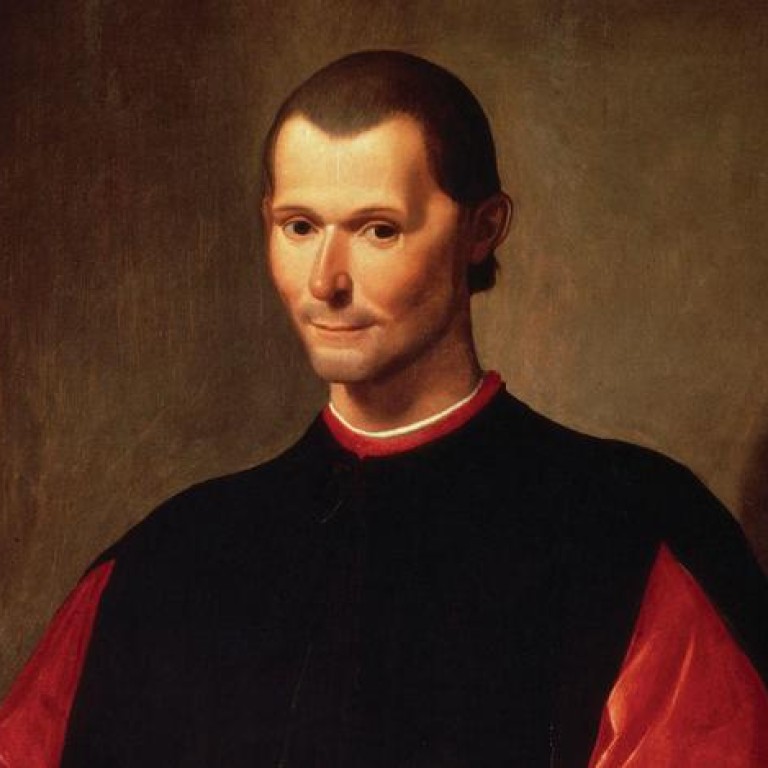
Book review: The Garments of Court and Palace
Niccolo Machiavelli's The Prince was written in 1513, during a period of crisis for both Machiavelli and Italy. In 1512 the Medici family had been restored to power in Florence, and Machiavelli was ousted from his position as secretary to the chancery.
by Philip Bobbitt
Grove Press
3 stars
Niccolo Machiavelli's was written in 1513, during a period of crisis for both Machiavelli and Italy. In 1512 the Medici family had been restored to power in Florence, and Machiavelli was ousted from his position as secretary to the chancery.
He was suspected of conspiracy and tortured. But behind this personal crisis loomed a vast and continuing turmoil for the Italian city states, which throughout the 16th century struggled to defend their autonomy against military action by France, Spain and the Holy Roman empire.

His , his manly power, should be deployed to master Fortune, who is a woman, and therefore should be beaten. The final chapter presents this ideal prince as the potential liberator of Italy.
was not printed until 1532, five years after Machiavelli's death. It rapidly became the most controversial political treatise ever written, and in 1559 it was placed on the index of books prohibited by the Catholic Church.
The controversies about have not abated during the five centuries since its composition, but they have been refined.
Author and academic Philip Bobbitt's Machiavelli is a hardline consequentialist. What matters in politics are not ethical precepts but outcomes for the state. And the central goal for a state is to preserve the common good, adapt to the times and, above all, to survive. Bobbitt claims that Machiavelli's concern for the survival of the state made him not the evil schemer of the popular imagination, but an "intense moralist".
There has been a lot of discussion about what Machiavelli meant when he urged the prince to "preserve the state". His prince is more often presented as a person who pursues the most effective means of clinging on to a "state" - which is more or less a personal fiefdom. This is not a very modern idea of the state, but it isn't surprising that Machiavelli should sometimes revert to it: he did, after all, dedicate to one of the Medici.
is not the most reliable guide to 16th-century political thought. But it is revealing about the present, and not just through its many wise asides about current political dilemmas. Bobbitt is admired by Henry Kissinger and has served the White House under presidents from both political parties. His Machiavellian prince would quite happily endorse drone strikes, mass interception of communications or the imprisonment of foreign subjects without trial, provided these actions served "the common good" of the republic and preserved the state.
At the conclusion Bobbitt recapitulates the arguments of his earlier book, , that we are now moving beyond the nation state anticipated by Machiavelli into a world made up of what he calls "market states".
In this new order ,the task of the state will not be to protect its citizens but to enable them to compete in global markets. In such a period of radical transition, he suggests, we need people such as Machiavelli who will say the unsayable, and perhaps also encourage leaders to do the unspeakable, in order to imagine the future and preserve the state through changed times.
Is this really the world we are entering? If so, then God help the world.
